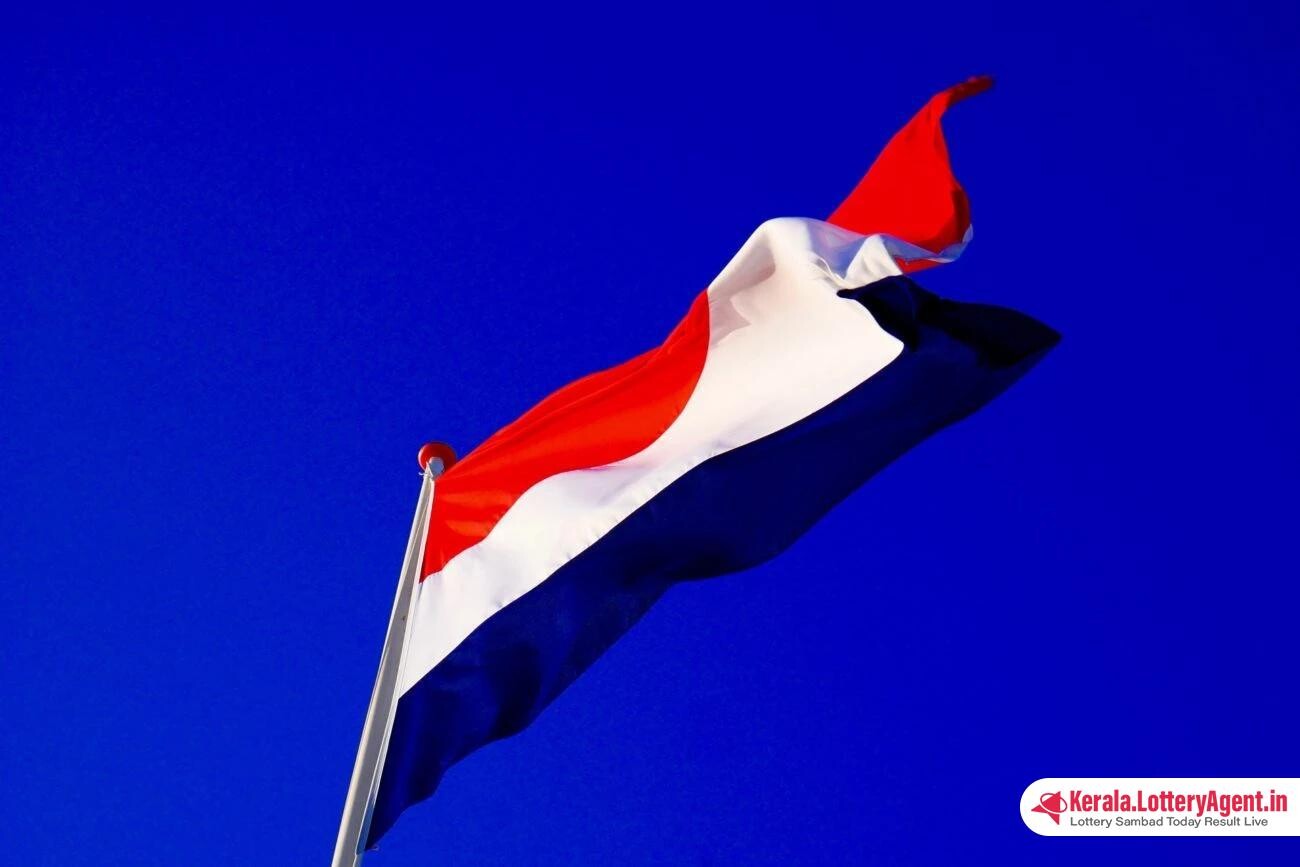
Amidst rising concerns over gambling addiction and an initiative to better protect consumers, the Dutch Parliament has recently moved to significantly alter the gambling landscape in the Netherlands. Last Tuesday, members of the Parliament’s house of representatives cast their votes on a series of motions aimed to curb high-risk gambling activities and advertising practices associated with it.
The motions, championed by Michiel van Nispen, a member of the Socialist Party, received significant backing in the legislative body. The first measure targets the elimination of directed gambling advertising, which Parliament approved. This initiative follows in the footsteps of earlier attempts to contain gambling advertising which did not achieve legislative success, notably the failed pursuit of a complete prohibition initiated this year by MP Derk Boswijk.
Further extending the reach of regulation, the house of representatives also supported the prohibition of high-risk gambling activities, with a specific mention of slot-machine type games. This decision passed with a notable 79 votes in favor.
Additionally, Parliament endorsed the concept of mandatory financial risk assessments for gamblers and the need for player identification to bolster responsible gambling practices. These measures signal a comprehensive approach to strengthening the regulatory framework for gambling.
Despite these recent parliamentary maneuvers, for these restrictions to become legally binding, they still need to be codified into law. It is now in the hands of Franc Weerwind, the Netherlands’ minister for legal protection, to review and determine the fate of these legislative proposals.
However, NOGA (Netherlands Online Gambling Association), an industry voice, has expressed grave concerns regarding the recent decisions of the Parliament. Peter-Paul de Goeij, the managing director of NOGA, criticized the move as “thoughtless and irresponsible,” and urged Minister Weerwind to avoid taking any irreversible measures based on what NOGA deems as flawed metrics and assumptions.
The tension arises from fears within NOGA that the outright ban on certain forms of gambling, and the corresponding advertising, could inadvertently push Dutch consumers towards the black market. This concern amplifies apprehensions that a large portion of the population, confused by the absence of legal options, might resort to illegal gambling entities. NOGA estimates that a significant majority of Dutch gamblers—around 90%—currently patronize lawful vendors, which suggests that the potential shift to unregulated platforms could be quite impactful.
In a stark warning, De Goeij emphasizes the potential fallout if hurried decisions by politicians prove to be misguided, leaving them accountable for any negative consequences that ensue. NOGA advocates for a measured approach, suggesting that there is currently insufficient data to form the basis of an informed review. Hence, NOGA is calling for patience to allow for thorough research that could inform sensible and protective regulations for online players.
Minister Weerwind has already emphasized player security, pressing forth with initiatives designed to shield citizens from potential gambling harm. As a step forward, since July 2023, the Netherlands has implemented a prohibition on indiscriminate gambling advertising, including strict restrictions on television, radio, and sporting sponsorships. Moreover, Weerwind announced a nation-wide campaign in October targeting digital fraud tied to online gambling crimes, emphasizing the need for responsible gaming to avert problematic gambling.
Additional measures rolled out by Weerwind in December 2023 require gambling providers to actively engage with players who set a deposit limit of €350 or more, imparting to them the potential risks associated with high-volume gambling. These initiatives, along with proposals like showing all financial amounts in euros and advocating further research on gambling limits, illustrate a firm directive towards fostering a responsible gambling environment.
The final verdict on the proposed changes is yet to come as the broader Remote Gambling Act is scheduled for review by the Netherlands’ Ministry of Justice and Security later in the year. As it stands, the debate over how to regulate the industry continues, with stakeholders across the spectrum weighing in on the potential implications for the future of gambling in the Netherlands.












